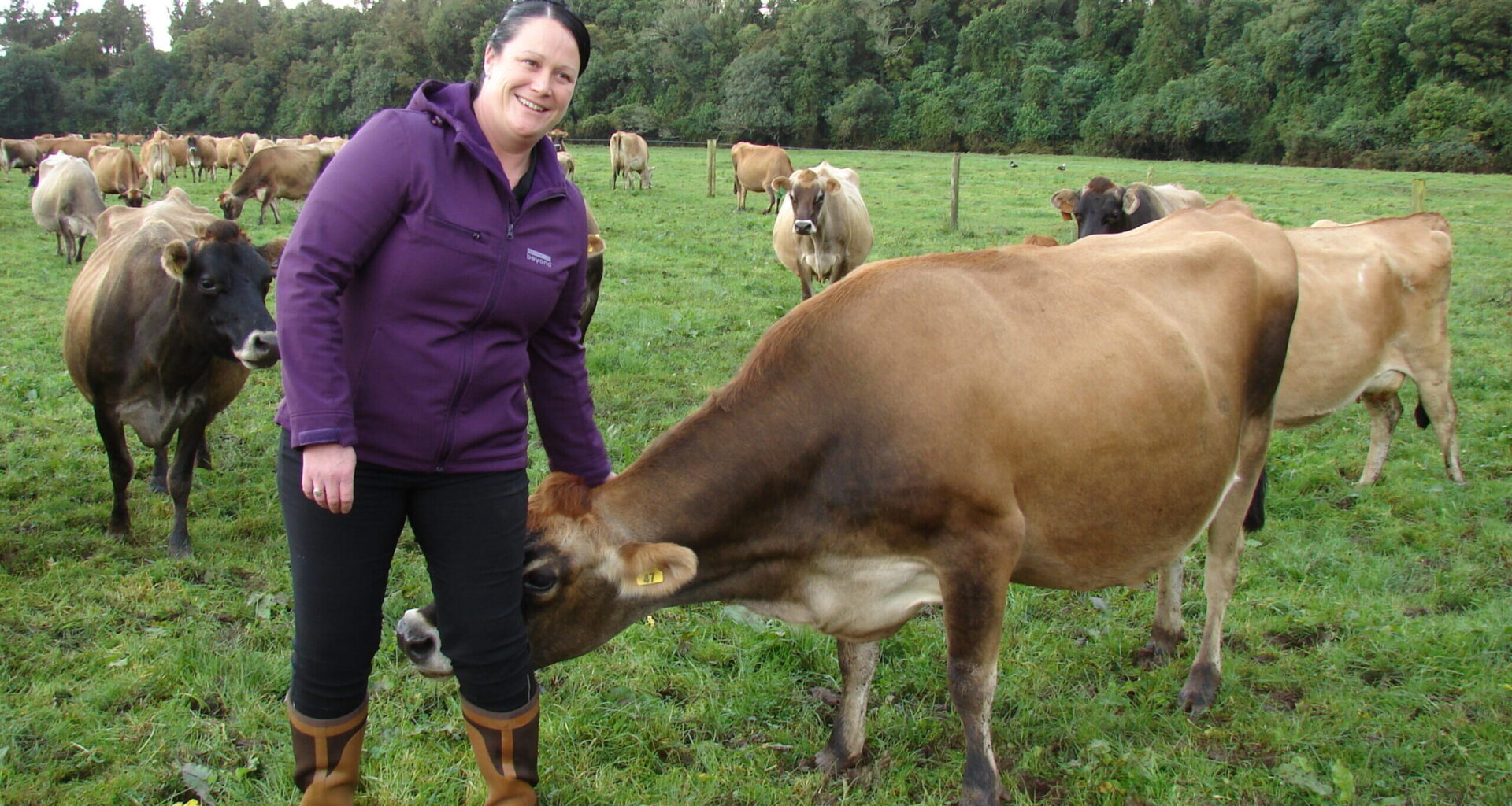Reading Time: 2 minutes
New Zealand’s dairy sector has long been a global leader in productivity and efficiency, but to stay competitive, it’s crucial to keep pace with advances in genetic gain.
That’s the challenge being tackled by the Future Focused Animal Evaluation Work Programme, a new initiative led by a governance group formed in 2024.
At the helm is independent chair and fifth-generation dairy farmer Rebecca Keoghan, who brings a practical, future-focused lens to the work.
Keoghan chairs a group made up of DairyNZ, New Zealand Animal Evaluation, LIC and CRV.
“These are key players in New Zealand’s animal evaluation system, and we’re working both together and individually to help lift our rates of genetic gain by modernising how we evaluate breeding animals,” she said.
The formation of the group was driven by findings from an independent industry working group (IWG) that found New Zealand is falling behind international counterparts in adopting genomic technologies to accelerate genetic progress.
The IWG recommended a more collaborative, future-proofed approach to ensure the system remains relevant and effective.
“As farmers know, genetics has been a cornerstone of our productivity,” Keoghan said.
“But we need tools and information that help farmers keep improving. That means developing a better animal evaluation system, one that is simple, reliable, and built for the future and freely available to all.”
This year, the governance group is focusing on three core areas:
• Developing a forward-looking National Breeding Objective (NBO)
To support this work, a new NBO committee has been established, separate from the governance group that Keoghan leads and comprising DairyNZ and their subsidiary New Zealand Animal Evaluation, LIC, CRV, Fonterra, genetics experts and farmer representatives. The NBO committee’s task is to help define the traits that will be in a future-focused NBO that reflects both farmer needs and emerging sector challenges.
• Creating an industry-wide, trusted Breeding Worth (BW)
The goal is an industry-wide, consistent BW assessment against the NBO that everyone, farmers, breeders, and sector players, can rely on.
• Improving phenotypic data quality
Any successful evaluation model depends on the quality of the data it uses. The group is assessing gaps and exploring how to better capture the performance traits needed to feed future genetic models.
Since taking up the chair of the Future Focused Animal Evaluation governance group, Keoghan has set up key technical workstreams and built strong alignment around the project’s milestones and direction.
Ideas That Grow | Genetic technologies in agriculture
In this Ideas that Grow podcast, Lisa Lunn, 2024 Kellogg Scholar, talks to Bryan Gibson about her Kellogg research into the use of genetic technologies in agriculture. Lisa’s research presents a balanced view that unpacks the challenges, and the opportunities genetic technologies offer the food and fibre sector.
